Lord Darklord
Regular Member
- Joined
- Aug 13, 2017
- Messages
- 210
- Likes
- 1,384
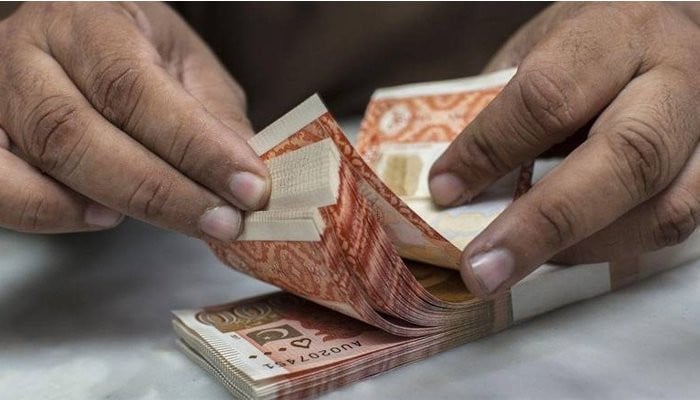
Dealers move to arrest rupee fall | The Express Tribune
ECAP decides to let currency depreciate gradually after rupee hits 252.5 to a dollar


Pakistan’s media has taken external affairs minister Subrahmanyam Jaishankar’s invite to his counterpart Bilawal Zardari for the Shanghai Cooperation Organization (SCO) foreign ministers meeting in May as a sign of thaw with India post PM Shehbaz Sharif’s offer of dialogue with India, facts on ground are to the contrary.
PM Sharif made the conditional offer on January 17, 2023, in an interview with a UAE channel, Jaishankar’s invitation letter was sent on December 24, 2022 via diplomatic channels. As the President of SCO in 2023, it is India’s duty to invite all the SCO members in the run-up to the SCO summit later this year.
Even though the votaries of India-Pak dialogue and the conflict resolution industry in India have also painted a similar picture as their Pakistani counterpart, there is no change in India’s bilateral stance with Pakistan. The message is simple: End cross-border terrorism to talk and normalize relations.
Given the state of Pakistan’s economy and political flux in the highly radicalized Islamic Republic, Islamabad’s top priority is financing-debt relief for the beleaguered nation. Faced with tough IMF conditionalities for loan to Pakistan, Islamabad has now approached Washington to ask the Bretton Woods institution to go soft on the Islamic Republic as it requires PM Sharif to raise electricity tariffs and impose more taxes to raise revenue. Such draconian steps would be politically disastrous for the present PDM regime and give a handle to arch-rival and rabble-rouser Imran Khan Niazi.
Pakistan has not just run out of money but also out of ideas on how to save the state which is starting to unravel at an alarming pace. If it was only the economy that was on the brink of bankruptcy, things wouldn’t be so bad. But not only is the economy melting down, but the polity also is totally polarized and pulling the country apart, social cohesion and coherence are broken, and the security situation is spinning out of control because of the belligerence of the Taliban.
The poly-crisis that Pakistan is facing is worsening by the day because each component crisis is reinforcing the other one and there is no clear off-ramp for the present regime. Simply put, Pakistan is drowning but Pakistanis seem to think they will swim out of these troubled waters because the world can’t afford to see them sink. But the world doesn’t seem ready to bail out Pakistan until and unless Pakistan is ready to help itself. Pakistanis are however more preoccupied with the political circus in their country than with the sweeping economic reforms that could pull them out of the hole in which they have fallen.
The excesses of the Pakistani elite politicians, military personnel, civil servants, landed gentry and business and trade organisations – who captured the state and its resources have reached a point where the economy has touched rock bottom. The focus at this point is on trying to avert default which will lead to the economy incinerating and unleashing in its wake an uncontrollable civic and political mess. While there is no doubt that default will cause unbearable pain, the incorrigible Pakistani elite is trying to terrify the rest of the world to ensure that Pakistan's economy stays afloat. Just like they tried to use the floods as a bargaining chip to get the international lenders to cut them some slack, they are now using the imminent economic implosion as a bargaining chip.
Basically Pakistan is scaring the world by waving the threat of nuclear weapons going loose, and radical Islamists running wild and taking over the country in a revolution. Scary as they are, these fears being sold by Pakistan are exaggerated as in the past. Pakistanis might romanticize revolution, they don’t have the stomach for any such thing, least of all an Islamic Revolution which will hit elite privilege the worst.
Even so, the economy is now at a dead end. If the IMF program gets back on the rails, it will postpone the economy going belly up for a couple of months, probably by the end of the current financial year till June 2023. Pakistan needs around $10 billion over the next six odd months. With the IMF program, they will just about manage to collect this amount with the Saudis giving around $2 billion, the UAE another $1 billion, the Chinese giving a couple of billion and Qatar buying some assets for around $2 billion. But this will last only till June.
In The next financial year, Pakistan will need another $30 billion or more. Will the same friends keep pouring money into Pakistan endlessly? Already, the IMF is imposing very onerous conditions for restoring the extended finance facility program. The result of these conditions will not just be politically ruinous but financially devastating for the people.
Inflation is expected to go up to anything from 40-50% because fuel prices will shoot up, power tariffs will be jacked up and gas rates will spike. In addition, the Rupee will collapse. According to currency traders, the moment the Rupee is allowed to float, it will depreciate from the artificial level of 230 to around 260-270. Some analysts fear that the Rupee could breach the 300 mark in a couple of months. This will result in massive inflation which is already backbreaking.
To control inflation, Pakistan will have to raise interest rates. This will raise the cost of doing business to unsustainable and unviable levels. But even worse, interest rate hikes will destroy whatever remains of the fiscal position of the government. There is a real danger that even at the current interest rate of 17%, the debt servicing cost will be more than the entire revenue of the federal government.
The stark reality staring Pakistan in the face is that default is inevitable. It is not a question of if but when it will happen. The only feasible option is to seek a debt rescheduling. But this is almost as bad as a default because it comes with such stiff riders that will make the current IMF conditions look soft. Pakistani politicians and military leadership have however been hoping the storm will pass them by.
Clearly the Pakistani elite and the generals want the rest of the country to be prepared to render sacrifices but are not ready to cut their own expenses or privileges. They want their royal protocol, their golf courses, their holidays in Dubai, send their kids to Western universities, receive unconscionable subsidies from the empty coffers of the state, but deny the ordinary citizens of Pakistan even the basic right to life.
The Pakistan Army is also not ready to cut its costs. It continues to buy expensive weapon systems which Pakistan can no longer afford. Even worse, it continues with its strategic adventures on both sides of the border which have proved to be unaffordable. The only way the military budgets can be cut is if the strategic environment improves and relations with India and Afghanistan are normalized without any legacy conditions and action on terror groups based in Pakistan.
The Rawalpindi GHQ, however, this isn’t happening because the military has no appetite for making a paradigm shift in the strategic orientation towards India and Afghanistan. In the past, the tactical adjustments did create space. No longer. New Delhi has become wise to Pakistan's wiles and doesn't feel the need to reciprocate to tactical moves that only benefit Pakistan. The Taliban, in any case, are now showing their true colours and it increasingly looks like Pakistan's western borderlands will remain disturbed and destabilize as well as radicalize the entire region.
Quite like the military, the political class is more interested in saving its political capital and securing its political future than they are in saving the country or its future. At a time when the country is on the verge of collapse, the political jostling is bizarre. Imran Khan wants immediate elections which he thinks he will sweep. The ruling combine wants to delay elections as long as it can because it has nothing with which it can go to the hustings. The Army doesn’t want to disturb democracy but wants to keep calling the shots. It also doesn’t want to see Imran Khan come back to power, at least not immediately, and is ready to stop him by hook or by crook.
For now it seems the government will sign on the dotted line and get back on the IMF program. But within a month or two, it will start throwing money to win back its political support. This means that by the time elections are held and a new government is in power, Pakistan will be in the midst of an even worse crisis than the one in which it finds itself. In other words, no matter how you cut this up, Pakistan's economy and with it the current state and political structure are headed for a collapse.
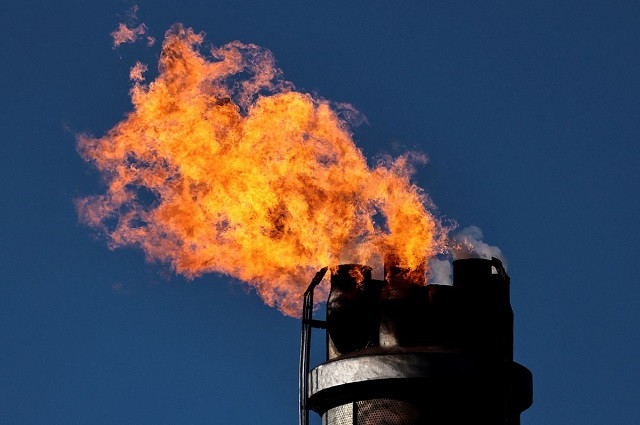

As being said, Pak was always an aid driven country with no attempts to industrialise and educate the society. Pakistan was never ahead of India in any aspect and was always a sub modern community with GDP per capita then propped due to unforeseen factors. Like in case of Nigeria today which has a GDP per capita of $3k due to oil but living standards and development indicators at par those at $500.
May be you can scroll a bit back in time of 1960s and check out for such data then too to debunk? Pakistanis love to claim that Pak was some kind of Asian tiger back then.
May be you can scroll a bit back in time of 1960s and check out for such data then too to debunk? Pakistanis love to claim that Pak was some kind of Asian tiger back then.
‘In short, it is Pakistani Army expenses, which is mostly hidden is destroying the country. All other subsidies have been curtailed or reduced.Ya'll Nibbiars What destroyed Pakistan was not India’s demonetization but India’s implementation of OROP. Pakistan implemented the same, its armed forces pension is now 3 times it's civilian pension. It is our equivalent of Reagan’s Star Wars program.
They are left with one last option which the Pakistani Mullahs stated……. Quran in one hand and nuclear bomb in the other, they should pay a visit to wealthy Europe and America. I have a feeling that money will begin to flow in.‘In short, it is Pakistani Army expenses, which is mostly hidden is destroying the country. All other subsidies have been curtailed or reduced.
Now IMF has gone back without an aid package, China is offering none and US is fully conversant with Pakistani double edged diplomacy.
I think they're going to become like that standard mercenary country in fantasy settings.They are left with one last option which the Pakistani Mullahs stated……. Quran in one hand and nuclear bomb in the other, they should pay a visit to wealthy Europe and America. I have a feeling that money will begin to flow in.
Ha…. Ha….. Ha.
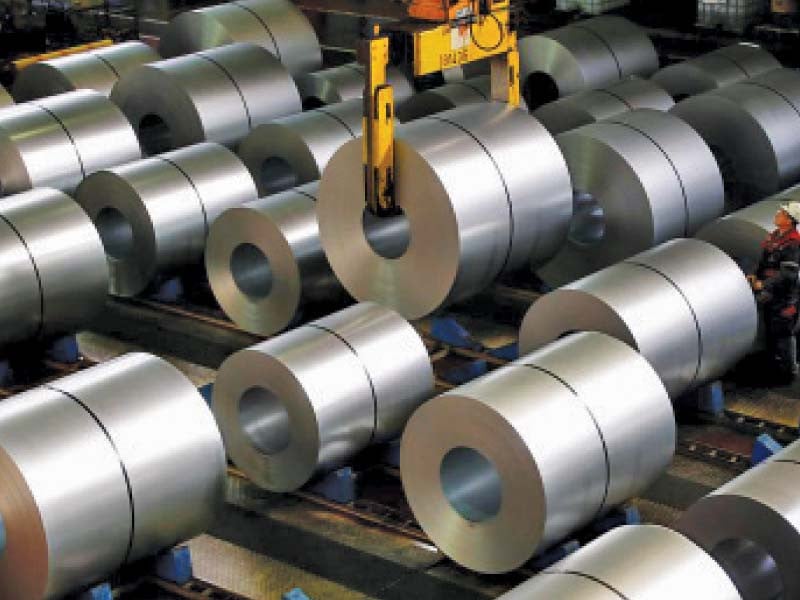
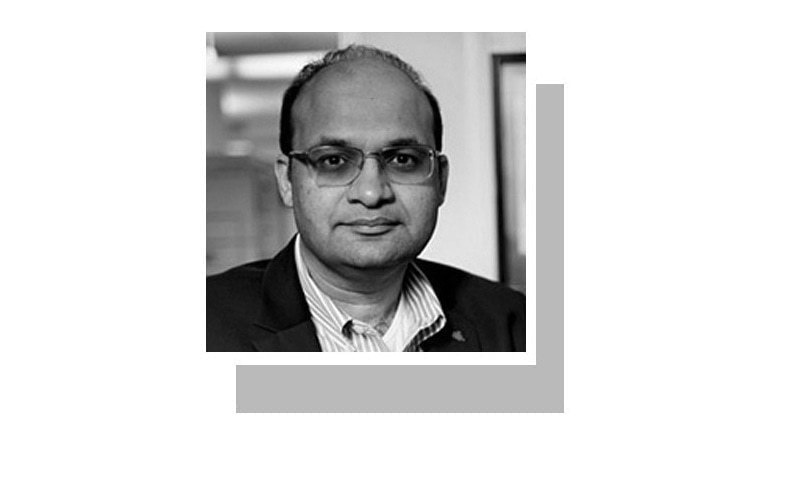
But people have to realise that we are not done with the high inflation period. The worst is yet to come and might continue for a few years, if not longer. For people who cannot move out of the country, who don’t have diverse income streams or foreign currency-denominated income streams, and who don’t possess savings in instruments that stay ahead of inflation (in gold or dollars), the tough times will get even tougher. Standards of living will have to come down substantially. And this will remain the case for the majority of people in the country for many years to come.
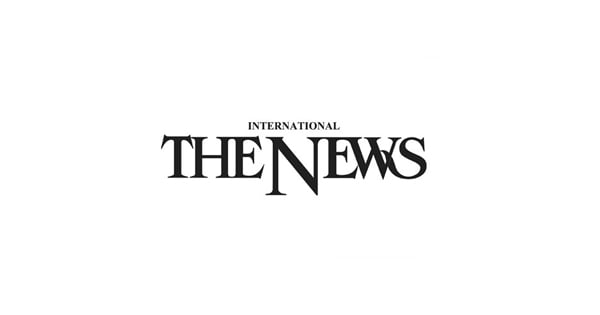
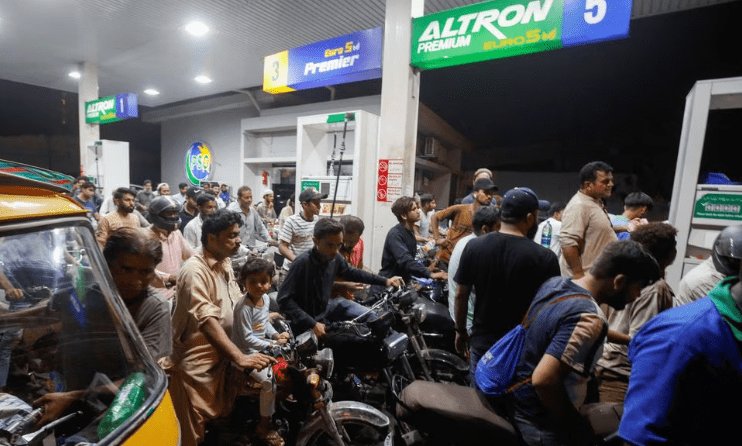
ISLAMABAD: The country’s oil industry is reportedly in serious trouble in arranging crude oil and petroleum products owing to foreign exchange constraints and prevailing product pricing, particularly following the recent currency depreciation and increase in the central bank’s policy rate.
| Thread starter | Similar threads | Forum | Replies | Date |
|---|---|---|---|---|
|
|
India added 20% of Pakistan GDP in 2 days to her economy. | Economy & Infrastructure | 125 | |
|
|
Pakistan will be 16th largest economy by 2050: PWC report | Pakistan | 75 | |
| B | Pakistan's economy facing existential crisis: Report | Pakistan | 2 | |
|
|
Pakistan's economy better than India's: Bloomberg | Pakistan | 38 |
